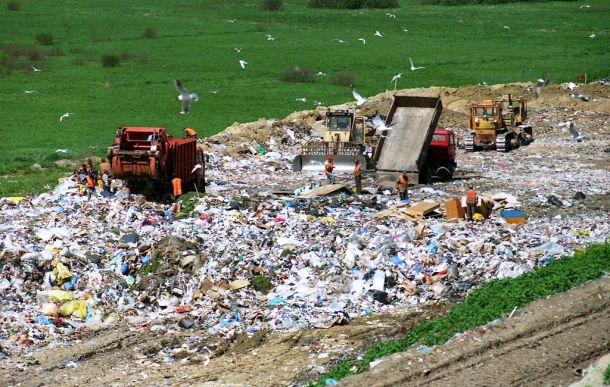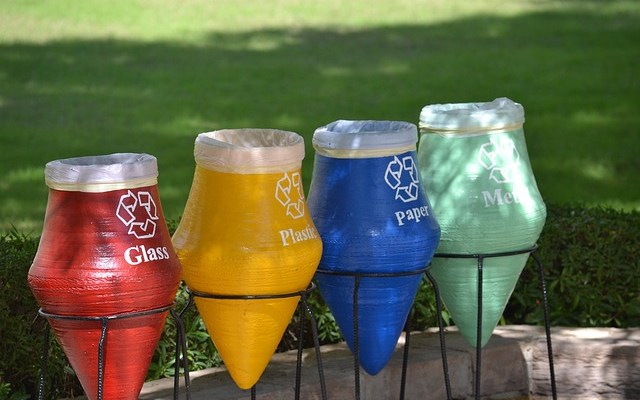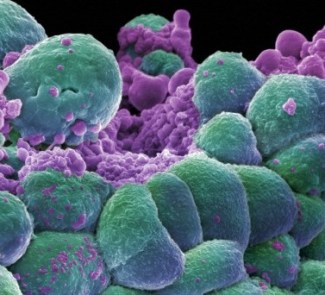The European union has decided to adopt a new strategy in regard to urban waste and recycle 70% of this material by 2030.
The generation of urban waste plays a very important role from the environmental perspective because it represents a direct loss of energy and materials. The production, management, and elimination of waste are very significant aspects to guarantee the sustainability of the planet, which is why the European Union has decided to get involved in the matter.
In 2010, according to the European Environmental Agency, Spain had a low recycling rate, around 33%, which was lower than the average in the EC (35%). That same year, the Ministry of Agriculture published figures that were cause for concern: the average waste generated in Spain per capita and year was 535kg, compared to 502kg for the EU as a whole.
In other words, not only do we produce more urban waste in Spain, we are also incapable of improving its recycling. And while you might think that its production isn’t so important (since urban waste represents 15% of the total), the fact of the matter is that sustainable management of urban waste is difficult due to its varied composition.

Despite the efforts in recent years by the Member States of the EU, results have fallen short. The framework directive on waste for 2020 set the goal for the EC of recycling 50% by that date.
Far from stopping at that common horizon, the European Union has decided to go one step further. To promote the sustainable management of urban waste, the Commission has adopted a new strategy with updated targets: achieving a recycling rate of 70% by 2030.
With this measure, the EU intends to promote what is known as the circular economy, which is able to take care of the environment, guarantee the sustainability of the planet, and at the same time recover materials that still have some life left in them so that they are not just discarded as mere urban waste. Also, starting in 2025, it will be illegal to burn urban waste in garbage dumps.
The European Commissioner for Research, Innovation, and Science, Máire Geoghegan-Quinn, highlighted the importance of R&D to achieve this “circular economy”. In recent years, the EU has promoted a variety of scientific projects with an important focus on environmental sustainability.

AGROBIOFILM, for example, is trying to produce biodegradable polymers as an alternative to plastic. Other initiatives, such as MULTIBIOPRO, are aimed at producing biofuels from agricultural ingredients that are not used as a food source, and with the lowest possible production of urban waste.
The production, management, and elimination of urban waste has undoubtedly become a political priority for the European Union. The game is to promote the sustainability of the planet, protect the environment, and guarantee the future of generations to come.







